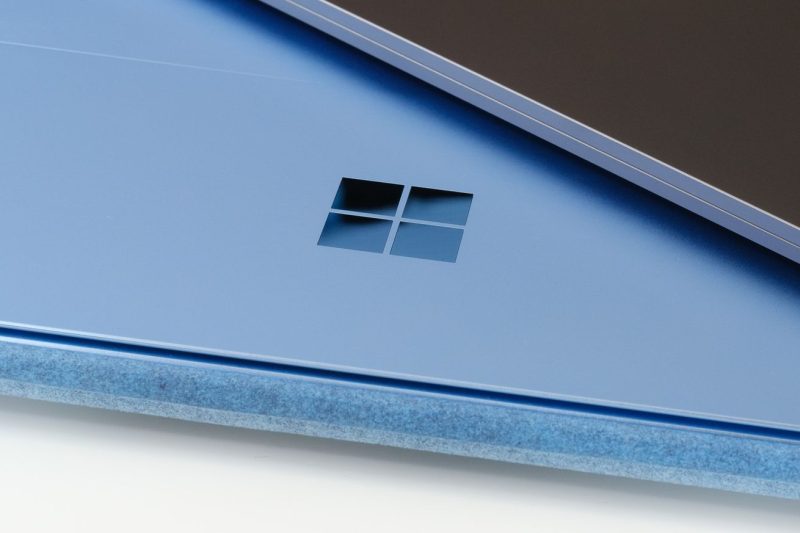Microsoft Is Enabling BitLocker Device Encryption by Default on Windows 11
The latest update to Windows 11 brings significant changes to how device encryption is managed within the operating system. Microsoft has decided to enable BitLocker device encryption by default for all eligible devices running Windows 11. This move has been hailed as a positive step towards improving the security and privacy of users’ data.
BitLocker is a robust encryption feature developed by Microsoft that helps protect the data stored on a device from unauthorized access. By encrypting the entire drive, BitLocker ensures that even if a device is lost or stolen, the data remains secure and inaccessible to malicious actors.
By enabling BitLocker device encryption by default on Windows 11, Microsoft is taking a proactive approach to safeguarding users’ data. With cyber threats becoming increasingly sophisticated and pervasive, encryption has become a vital tool in the fight against data breaches and cyber attacks.
One of the key benefits of enabling BitLocker by default is that it offers users an effortless way to enhance the security of their devices. Previously, users had to manually enable BitLocker, which could be a daunting task for less tech-savvy individuals. By making encryption the default setting, Microsoft has removed the barrier to entry and ensured that more users benefit from the robust security features that BitLocker provides.
Furthermore, enabling BitLocker by default helps ensure that users’ data is protected from the moment they set up their device. This preemptive measure can prevent potential data breaches and unauthorized access from occurring before users have a chance to enable encryption themselves.
In addition to enhancing security, enabling BitLocker by default can also have positive implications for compliance with data protection regulations such as GDPR. By implementing strong encryption measures out of the box, Windows 11 users can rest assured that they are taking proactive steps to protect the personal data stored on their devices.
While enabling BitLocker by default on Windows 11 is a significant step towards improving device security, it is important for users to be aware of the implications of encryption. For example, users should ensure that they have a secure way to recover their BitLocker recovery key in case they forget their password or encounter other issues that may prevent access to their data.
In conclusion, Microsoft’s decision to enable BitLocker device encryption by default on Windows 11 is a welcome development that underscores the company’s commitment to improving security and privacy for its users. By making encryption a standard feature, Microsoft is empowering users to take proactive steps towards securing their data and enhancing their overall cybersecurity posture.

